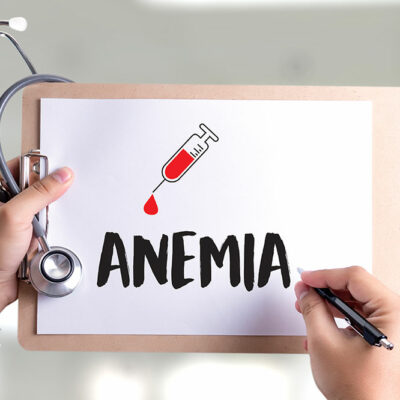
Early Signs of Lung Cancer and Treatment Options
Lung cancer is a type of cancer that starts in the lungs and can spread to other parts of the body. There are two main types of lung cancer: small cell lung cancer (SCLC) and non-small cell lung cancer (NSCLC). SCLC accounts for about 10-15% of all lung cancer cases, while NSCLC accounts for about 85-90%. Lung cancer is the leading cause of cancer deaths worldwide, with an estimated 1.76 million deaths each year. If you’re concerned about lung cancer, it’s important to know the early signs and symptoms. Here are seven early signs of lung cancer you should be aware of:
1. Chest pain
Lung cancer can cause chest pain that is sharp or dull, and may be felt in the back, shoulders, or arms. If you have persistent chest pain, you should see a doctor.
2. Hoarseness
If your voice becomes hoarse and you have trouble speaking, it could be a sign of lung cancer. This symptom is more common in people with NSCLC.
3. Shortness of breath
Lung cancer can make it difficult to breathe, especially if the cancer has spread to the lungs or chest wall. If you experience shortness of breath, see a doctor right away.
4. Cough that gets worse
A persistent cough that gets worse over time could be a sign of lung cancer. This is especially true if you’re a smoker or have a history of smoking.
5. Coughing up blood
Coughing up blood, also known as hemoptysis, is a common symptom of lung cancer. It’s important to see a doctor right away if you experience this symptom.
6. Fatigue
Fatigue is a common symptom of many illnesses, including lung cancer. If you feel tired all the time, even after getting enough rest, it’s important to see a doctor.
7. Unexplained weight loss
If you’re losing weight without trying, it could be a sign of lung cancer. This is especially true if you’ve lost more than 10 pounds in a short amount of time.
If you’re experiencing any of these symptoms, it’s important to see a doctor right away. Early detection is key to treating lung cancer and improving your chances of survival.
Treatment options for lung cancer depend on the stage of the cancer and other factors. Surgery, chemotherapy, and radiation therapy are common treatments for lung cancer. Targeted therapy is a newer type of treatment that targets specific genes or proteins that are involved in the growth and spread of cancer. Some medications used in targeted therapy include ZEPZELCA and Gavreto. Immunotherapy is another type of treatment that helps the immune system fight cancer cells. Your doctor can help you determine the best treatment plan for your specific situation.


